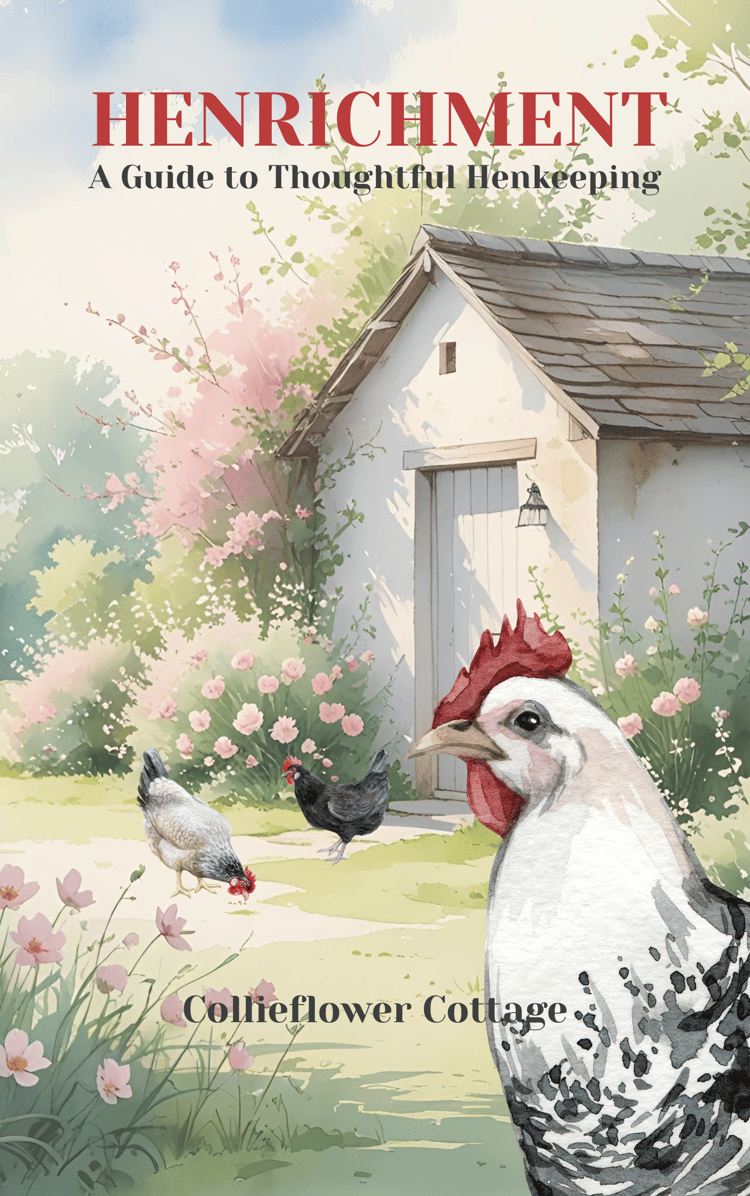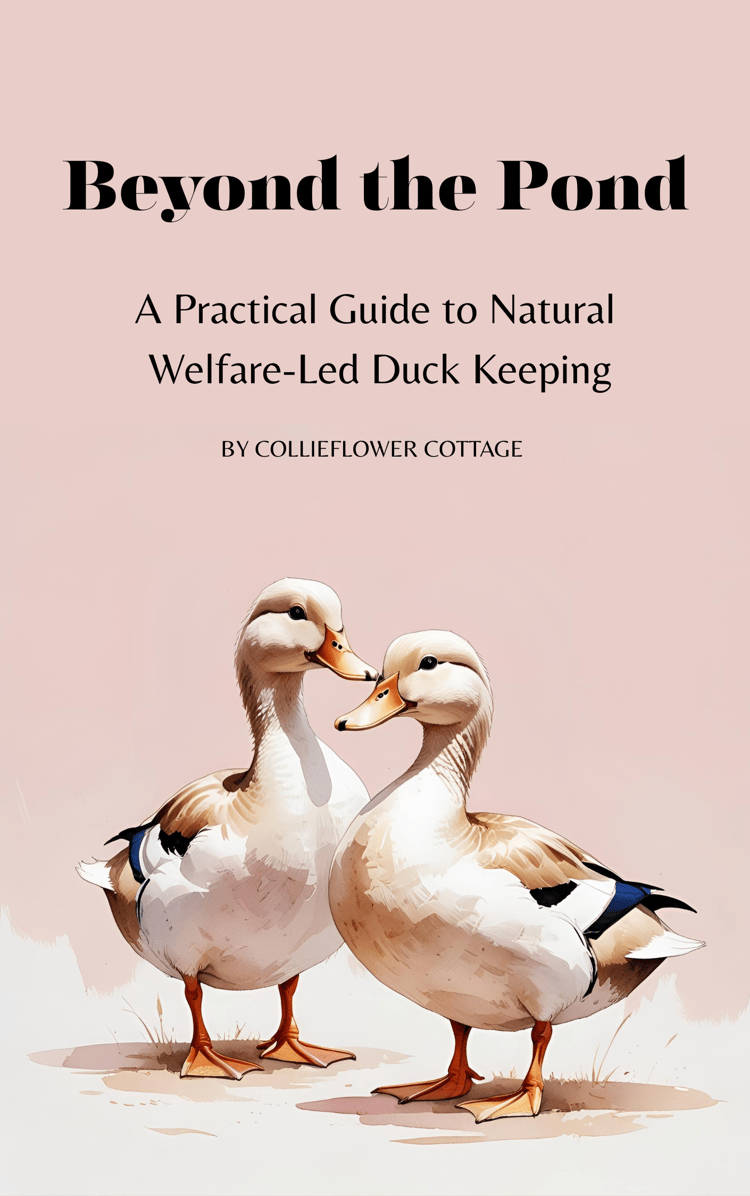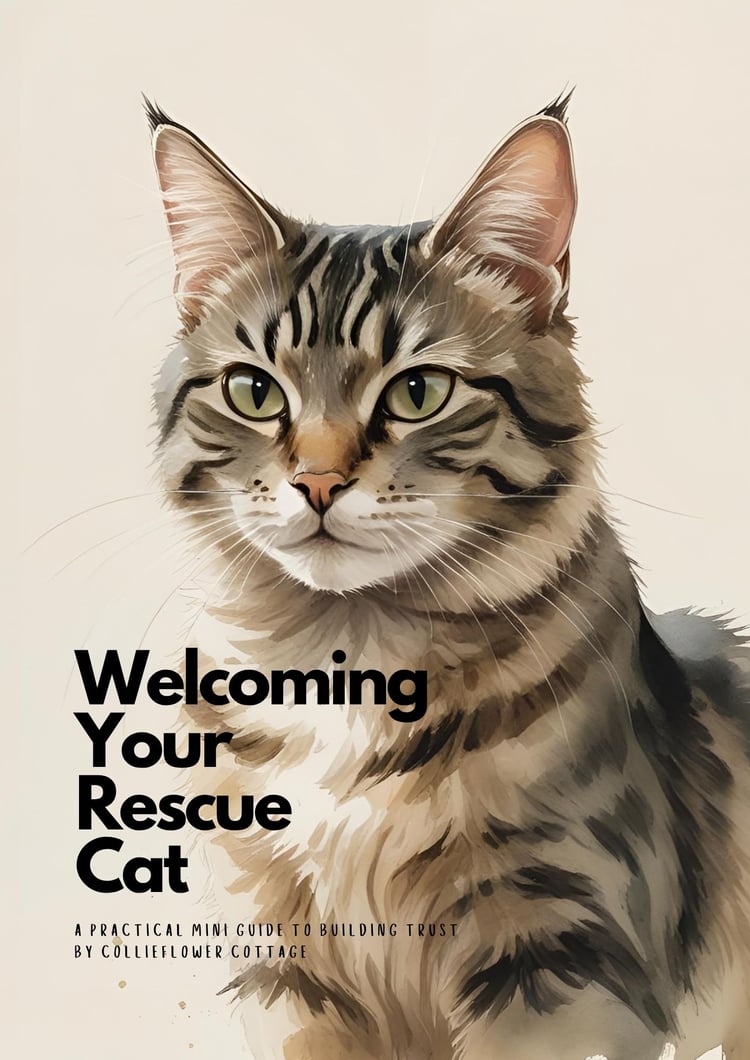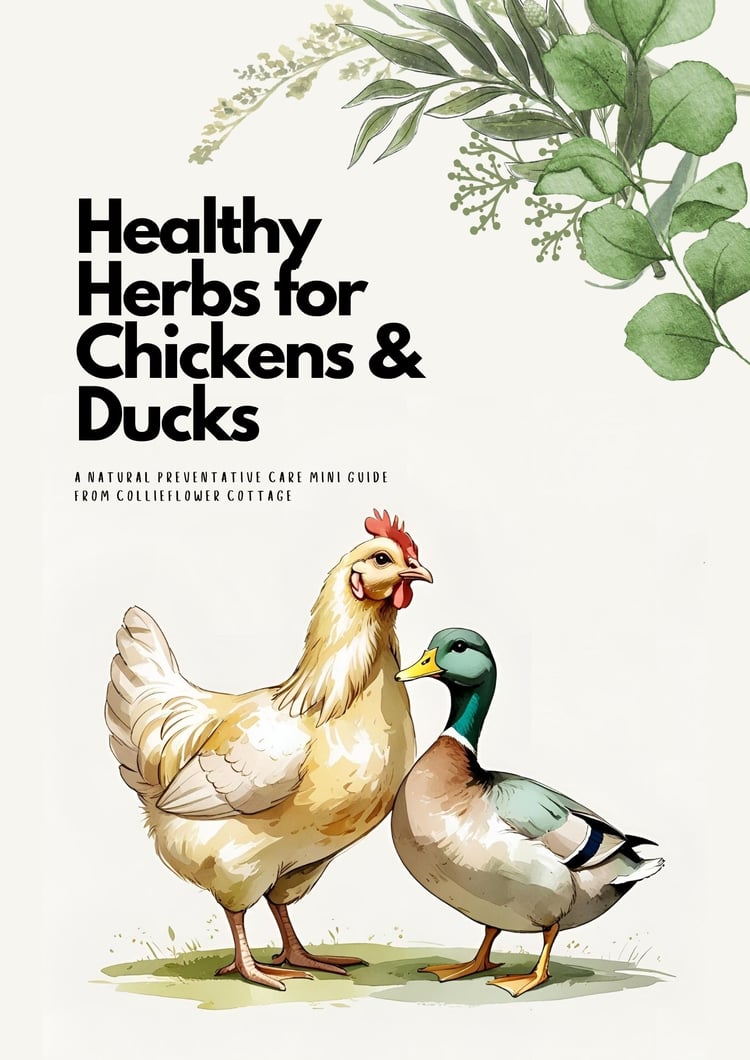Last month, the House of Commons hosted a tense Westminster Hall debate triggered by a petition signed by over 109,000 people demanding a ban on non‑stun ritual slaughter. The debate brought into sharp focus the conflict at the heart of British public values: animal welfare versus religious tradition.
Under existing law, stunning animals before slaughter is compulsory—except for religious exemptions that permit halal and kosher methods. Despite over 88% of halal meat now being pre‑stunned, a significant proportion of Halal meat and all kosher meat continues to be slaughtered without stunning and significant numbers of chickens, sheep, and cattle—over 30 million animals in 2024 alone—are killed this way. During these slaughtering processes, animals remain conscious long enough to experience intense pain and distress, a reality that science and welfare groups unanimously agree on.
Arguments in Parliament split sharply. Liberal Democrat Jamie Stone, who led the debate, reminded MPs that European courts have upheld national bans on non‑stun slaughter as lawful and proportionate. He presented RSPCA data showing a rise from 25.4 million in 2022 to 30.1 million animals slaughtered without stunning in 2024—27 million for halal and 3 million for kosher.
Veterinary professionals echoed this concern. Vet and Liberal Democrat MP for Winchester Danny Chambers stated, “the science is clear: the evidence shows that stunning animals before slaughter is the most humane method available.” The British Veterinary Association strongly supports this view, consistently advocating for an end to non‑stun slaughter on the grounds that it causes avoidable pain, fear, and distress. The BVA has repeatedly urged the UK government to make pre‑slaughter stunning mandatory in all cases, citing a growing body of peer‑reviewed evidence and the overwhelming consensus among animal welfare experts. Liberal Democrat Rachel Gilmour called the method “outdated” and “barbaric,” adding that consuming distressed animals can even affect meat quality.
At the other end of the spectrum, Labour MP Yasmin Qureshi, alongside Muslim and Jewish MPs, warned the debate risked slipping into prejudice. Qureshi noted that non‑stun slaughter represents just 2.9% of meat production in the UK. She recalled seeing emails referencing “Muslim meat”, asserting flatly that “that is not animal welfare language—that is prejudice, plain and simple.” Labour MP David Pinto‑Duschinsky emphasised that kosher slaughter, which is entirely non‑stunned, is equally protected, urging sensitivity and nuance.
Independent MP Rupert Lowe, a vocal advocate for a full ban, described non‑stun ritual slaughter as “torture.” In a visceral speech, he urged the elimination of exemptions: “We should ban non‑stun slaughter, we should ban halal slaughter and we should ban kosher slaughter.” He claimed that weak halting attempts at stunning used in halal abattoirs often amount to “ineffectual” fits, noting that humans are unknowingly consuming such meat due to a “deceitful labelling system.”
The government made its position clear: while it prefers animals to be stunned before slaughter, it has no plans to remove the religious exemptions that have existed since the Slaughter of Animals Act 1933. Environment Minister Daniel Zeichner confirmed that these exemptions would remain, but said the government would work with faith communities and welfare groups to strengthen oversight and improve regulation. There was cross-party agreement, however, on one point: consumers deserve transparency. MPs from all sides supported the introduction of mandatory labelling to indicate whether meat comes from animals that were stunned before slaughter. Following a recent public consultation was later revealed that an overwhelming 99% of individual respondents backed mandatory labelling reforms although slaughter method was not specifically covered in the consultation. The government has now committed to developing formal proposals.
With so much focus on non-stun slaughter, it is also worth noting that not all methods of pre-stunning are equally humane, and some approved techniques remain deeply contentious. One such method is the use of high concentrations of carbon dioxide (CO₂) gas, commonly used to stun poultry before slaughter. While CO₂ stunning meets the legal definition of pre-slaughter stunning in the UK, numerous animal welfare experts and organisations argue it causes prolonged distress and recent undercover footage obtained by animal rights activist Joey Carbstrong from inside gas chambers underlines this. Even with this so called humane method, animals may experience intense breathlessness, burning sensations and panic before losing consciousness. The widespread use of CO₂ highlights a broader issue: that legality does not always equate to compassion and even within the category of "stunned" slaughter, significant reform is required..
The Commons debate concluded without any concrete legislative changes, choosing to uphold religious exemptions while focusing on improving transparency and regulatory oversight. However, from an ethical perspective, the contradiction is unmistakable: the undeniable suffering endured by animals during non‑stun slaughter exposes significant gaps in our current animal welfare standards.
Across Europe—from Denmark to Belgium and Sweden—legal bans on non‑stun slaughter are now seen as both legally sound and socially acceptable. In Belgium, both Flanders and Wallonia enforced bans after rulings that non‑stun slaughter violates core animal welfare principles and these were upheld by the European Court of Justice in 2020. Denmark has banned the practice outright since 2014, arguing that animal rights must take precedence over religious exemptions. In Sweden, non‑stun slaughter has been prohibited since the 1930s, with strong public backing and no significant impact on religious freedom. These nations have demonstrated that it is entirely possible to uphold both welfare standards and legal protections for minorities without compromising compassion. Britain, proud of its high animal welfare standards, has the opportunity to align policy with principle: beginning with clear labelling and moving ultimately to eliminate unnecessary suffering by ending non‑stun ritual slaughter altogether.
In the end, it comes down to one question: should a person’s religious preference carry moral weight greater than the suffering of millions of voiceless animals? If compassion guides us, the answer is clear: it is time to join our European neighbours, protect the voiceless and remove these exemptions once and for all.
Our articles are free because we want as many people as possible to think about animal welfare. You can support our mission to provide sanctuary to more animals and tell more of their stories by visiting our store, sending a gift or sharing our articles on social media









Comments ()